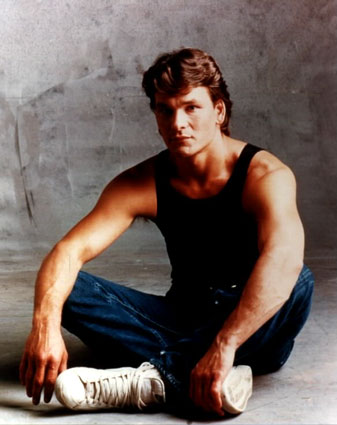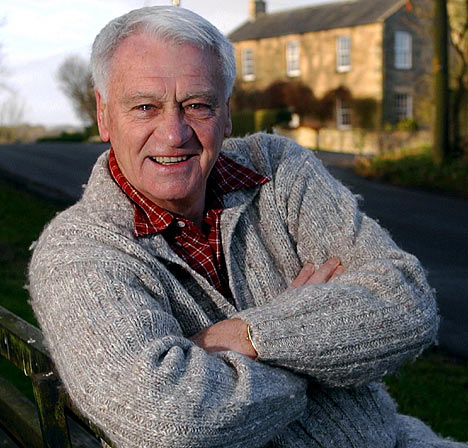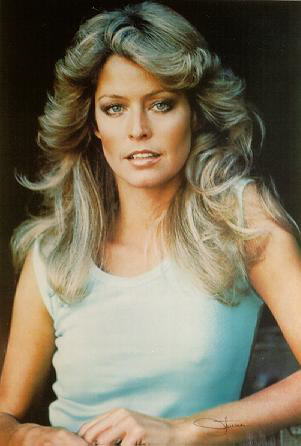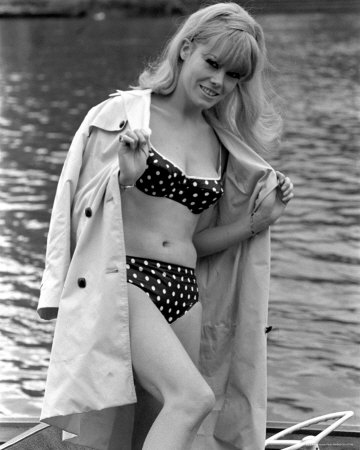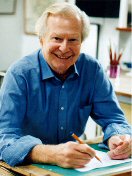
Edward Kennedy has died following a battle with a brain tumour at the age of 77.
The assassination of his brothers, John and Robert, placed a massive burden of
expectation on his shoulders which he found difficult to live up to.
His Irish American parents were both from wealthy political families and his
father served as the US ambassador to the UK prior to World War II.
After attending private schools in Boston, Kennedy went on to Harvard in 1950,
but was expelled a year later after it was discovered that he had cheated in a
Spanish exam.
He was the youngest of a political dynasty which fascinated America
He joined the army, serving at the SHAPE headquarters in Paris, before being
readmitted to Harvard and graduating in 1956.
In 1960 his brother John was elected US president, vacating his Massachusetts
seat in the Senate.
Edward was unable to stand for the seat until he was 30, so his brother asked the
state governor to allow a Kennedy family friend to see out the end of John's term.
Although perfectly legal under the constitution, it gave rise to the accusation
that Ted Kennedy had been gifted his Senate seat.
Edward was duly elected senator for Massachusetts in a special election in 1962, a
post to which he would be consistently re-elected until the end of his career.
Tragedy stalked the Kennedy family; Edward's oldest brother Joe was killed during
the war and, in 1963, John was assassinated as he drove through Dallas.
The following year Ted Kennedy himself was badly injured in a plane crash,
leaving a legacy of back problems which dogged the rest of his life.
In 1968, Ted's brother, Robert, to whom he was particularly close, was assassinated
in Los Angeles in the middle of his campaign for the Democratic presidential nomination.
On July 18 1969, he was at a party on the small Massachusetts island of Chappaquiddick with a
group, including six women known as the boiler room girls, who had worked in his brother
Robert's presidential campaign.
Kennedy left the party, supposedly to drive his brother's former secretary, Mary Jo Kopechne,
to catch the last ferry back to the mainland but, instead, the car turned onto a side road
and crashed off a bridge into a tidal creek.
Kennedy pulled himself from the upturned car and, after swimming across a narrow creek,
returned to his hotel without reporting the accident.
It was the following morning before local fishermen found the sunken car and discovered
the body of Mary Jo Kopechne still inside.
Evidence given at the subsequent inquest suggested that she had probably remained alive
in an air pocket for several hours and might well have been saved had the alarm been
raised at the time.
Kennedy pleaded guilty to leaving the scene of an accident, claiming that he had been
in shock, and was given a two-month suspended jail sentence.
An inquest, held in secret at the request of Kennedy family lawyers, cast serious doubts
on Kennedy's story, but no further action was taken.
This led to suspicions of a cover-up and the incident effectively ended any hopes
Kennedy had of attaining the White House.
Chappaquiddick did not prevent his supporters urging him to run for both the 1972 and
1976 presidential nominations but he refused, citing family concerns about his personal safety.
He finally took the plunge in 1980, standing for the Democratic nomination against the
incumbent president, and fellow Democrat, Jimmy Carter.
Kennedy hoped to capitalise on the country's economic woes, which had seen Carter's
approval ratings slide.
But a poorly-managed campaign and a lacklustre appearance in a major TV interview
ended Kennedy's hopes.
His refusal to concede the contest led to the divisive 1980 Democratic Convention
where Kennedy tried, unsuccessfully, to persuade delegates committed to Carter to swap sides.
With his presidential hopes over, Kennedy began to rebuild his political career as
a champion of liberal causes.
His mastery of senate procedure and his growing status in the Democratic Party
made him a formidable voice in any debate, and his support was sought by political
friends and opponents alike.
He became a master of coalitions, a pragmatist who would often work with his Republican opponents
to get legislation through Congress, for example.
Despite his Catholic background, he abandoned his previous opposition to abortion and advocated
a woman's right to choose.
He was also one of a handful of senators who supported the concept of same-sex marriages,
his own state of Massachusetts becoming the first to give a legal framework to such unions.
He campaigned in support of better rights for immigrants to the US and was a consistent
advocate of tighter gun control.
Mindful of his strong base of Irish American support, he originally backed the concept of a
united Ireland and, in 1971, called for the withdrawal of British troops.
However his views had moderated by 2005, when he publicly snubbed the Sinn Fein leader Gerry Adams
following the murder of Robert McCartney, and hosted a visit to Washington by the sisters of the dead man.
In 2004 he supported his fellow Massachusetts senator, John Kerry, who went on to lose to
Republican George W Bush.
Kennedy cited Barack Obama's opposition to the invasion of Iraq as one of the main reasons he
endorsed the young senator from Illinois for the 2008 nomination, a statement seen as a
direct snub to Mr Obama's chief rival, Hillary Clinton.
He was also reported to have been angry at some of the more outspoken comments by former
President Bill Clinton in support of his wife Hillary's campaign, and he ignored pleas from
the Clinton camp to remain neutral.
Kennedy said that he had always planned to support the candidate "who inspires me, who
inspires all of us, who can lift our vision and summon our hopes and renew our belief that
our country's best days are still to come."
Kennedy saw the young senator he backed triumph in the presidential election and was
present on 20 January 2009 when Mr Obama was sworn in as the 44th US president.
Under the new administration, one of his most cherished causes took centre stage.
|
